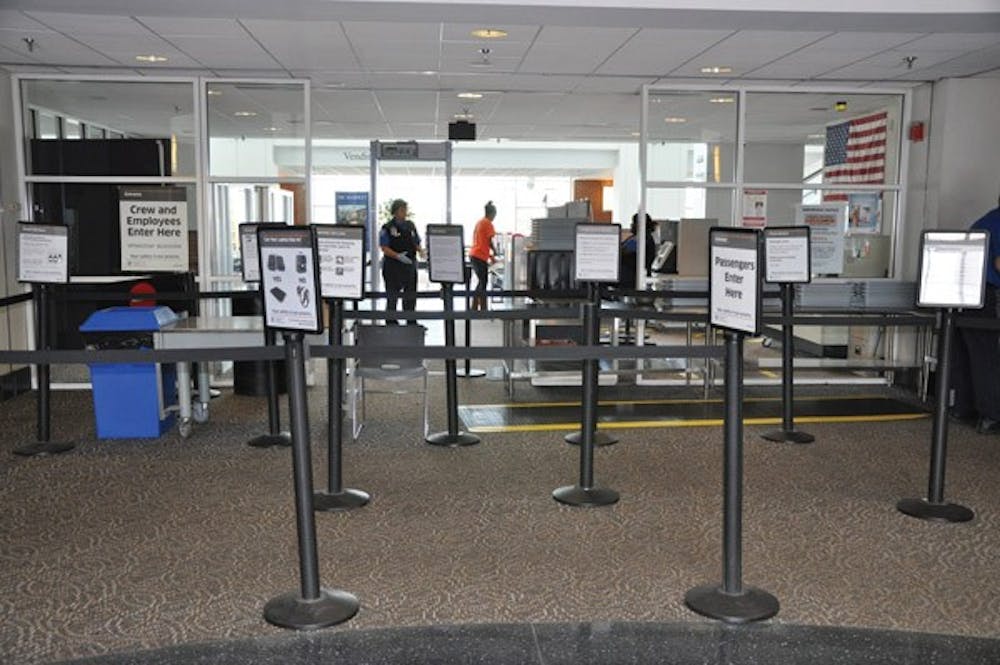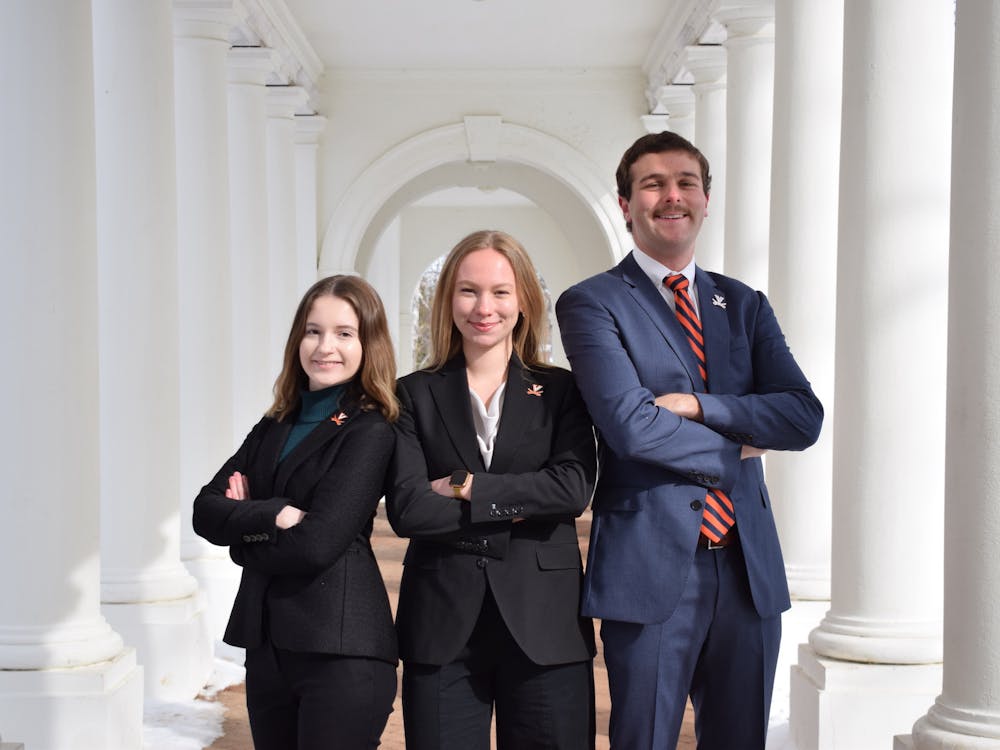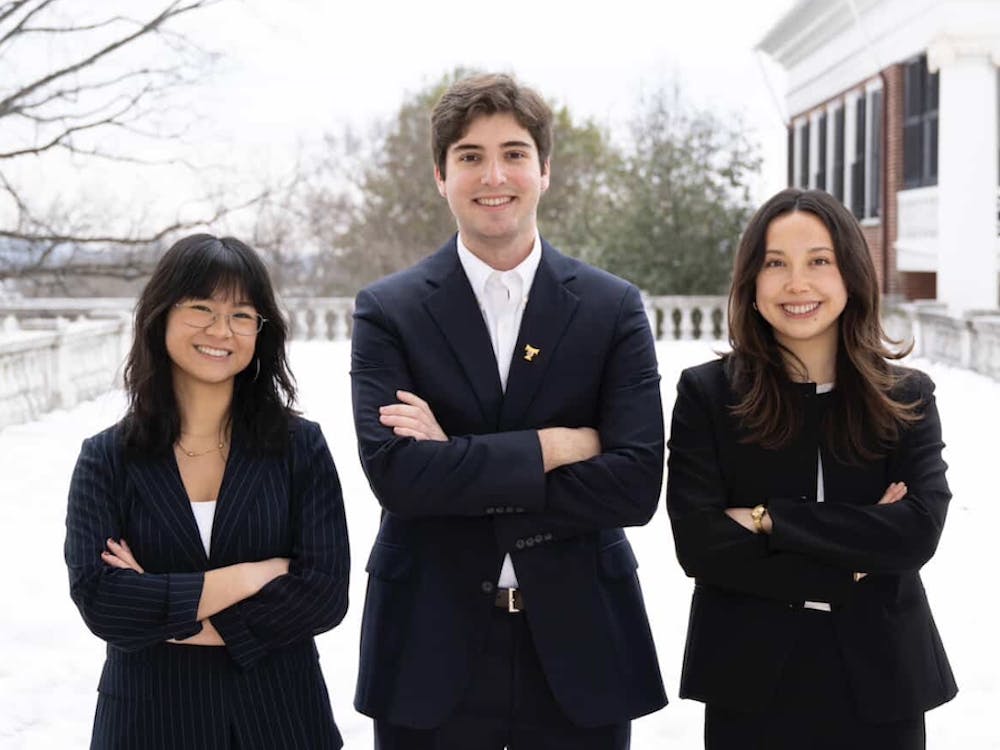Travelers flying in and out of Charlottesville-Albemarle Airport this Thanksgiving managed to avoid controversial security measures. The local airport is one of several small market airports that has not yet been required by the Transportation Security Administration to implement full-body scanning machines.
Thus far, the TSA has only mandated the full-body scans in 68 full-service airports across the country.
"They've been at fairly large airports or airports that have created some need before another airport," said Barbara Hutchinson, executive director of the local airport.
The airport currently uses more conventional magnetometers to conduct bodily scans for suspicious material. If a traveler triggers the alarm and the cause cannot be found, he will be subject to a standard non-invasive pat down. If that fails to resolve the issue, the traveler will be subject to the more invasive "resolution pat-down" in a curtained area. To date, airport officials have only resorted to the resolution pat-down once.
Hutchinson said there are no immediate plans to introduce full-body scanners in the airport, noting that implementation could present logistical difficulties.
"It would take modifying our building," Hutchinson said. "They couldn't justify it tomorrow for next week."
Still, some speculate that the full-body scanners could become a staple of airports nationwide by the end of next year.
"I think [Charlottesville-Albemarle Airport] is just an airport in waiting," said John Whitehead, president and founder of the Rutherford Institute, a Charlottesville-based civil liberties group involved in a lawsuit about the invasive nature of the new procedures.
Whitehead said that the local airport may be currently better than other regional options "if you don't want strip search or invasive pat-downs." But he also anticipates that the airport will soon be mandated to switch to full-body scans, indicating a larger problem nationwide.
"Under the Fourth Amendment, you don't pat down American citizens or strip-search them, virtually or otherwise, unless they're under reasonable suspicion for some sort of criminal activity," Hutchinson said. "If you throw that out the window, you're talking about police state tactics."
Despite such controversy surrounding the scanners, a CBS News Poll conducted earlier this month revealed that four out of five Americans approve of the new security procedures.
The TSA remains confident in its decision to enforce the recent measures.
"We are seeking to strike the right balance between privacy and security," TSA Administrator John Pistole said in a press release. "We all wish we lived in a world where security procedures at airports weren't necessary, but that just isn't the case"







